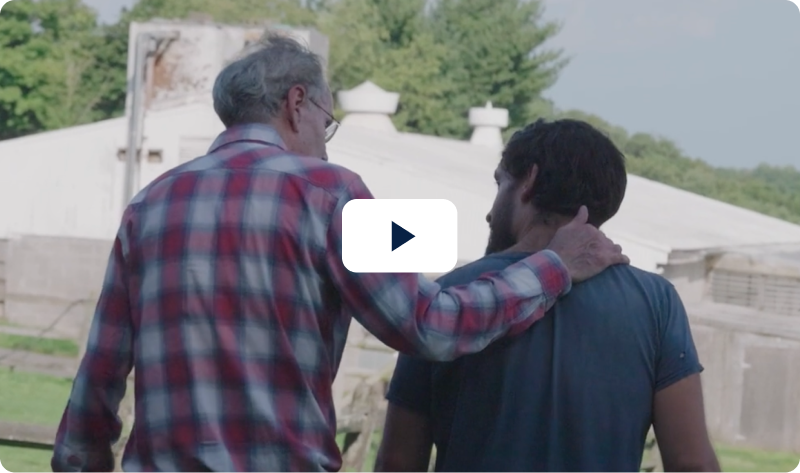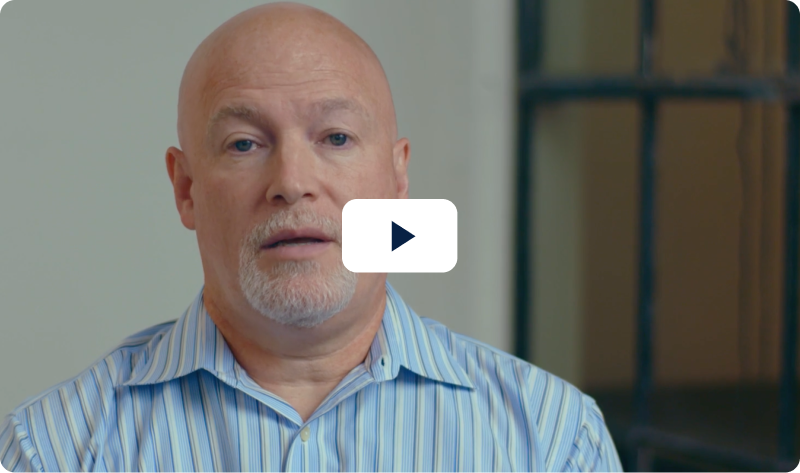Need immediate help? Dial 9-8-8 and press 1 for the Veterans Crisis Line
When to bring the guns back
How do you know when the crisis is over and it’s safe to bring the guns back or return the medications to your normal storage? And what if you’re dealing with a chronic condition, not a short-term crisis? Read on about responding to improving and worsening conditions.
When is it safe to bring the guns/pills/etc. out of storage?
Not just when the acute crisis is over
Crises are often very brief, but individuals may remain at-risk for new crises for some time. Lots of things can re-ignite a risky situation, and it’s hard to predict when these might happen.
Wait until there has been a good long period with no serious downturns
“When I struggled with depression there were times when it would magically let up, and I’d think, ‘Finally! It’s over.’ And a few days later, back it came. Finally it was gone for a few months, and I realized, wow, I think I can say it’s over.”
Has there been at least a few months without serious downturns?
Ask whether your Veteran has learned new coping strategies they could you of/when problems arise. If there has been at least a few months with no serious downturns, and they have learned healthy ways of coping with problems that do arise and have good insight about when things are getting harder and easier—those are all good signs that storage can return to the new normal. What that new normal is really depends on the person.
It is time to come up with some new strategies. This is where counseling can help–whether from a professional, Veteran peer counselor, clergy, etc. Already been doing that? Time to switch. Try a counselor with a different approach, or ask about trying a different medication. Something will work. No one is meant to go on suffering. If the Veteran is still suffering, it means they haven’t found the right help yet, but it’s out there. Learn about more options for getting help.

The Firearm Life Plan is a great toolkit for planning what to do with one’s firearms when one can no longer safely handle them. Documents include physical and cognitive warning signs, tips on how to raise the topic, inventory sheets to describe one’s guns and where each should go, and a legacy sheet to record one’s firearm traditions and memories.

Kevin, a Veteran, father, and counselor, speaks about how conversations about firearm safety may change over time.
What if it’s a chronic condition?
Not all problems will get better. Especially with age, conditions like dementia or worsening eyesight might mean there will be no time when it’s safe for your loved one to have full access to household firearms or medications. Losing access to one’s guns can be as wrenching as losing one’s driver’s license, as it can signify a loss of independence and identity.
